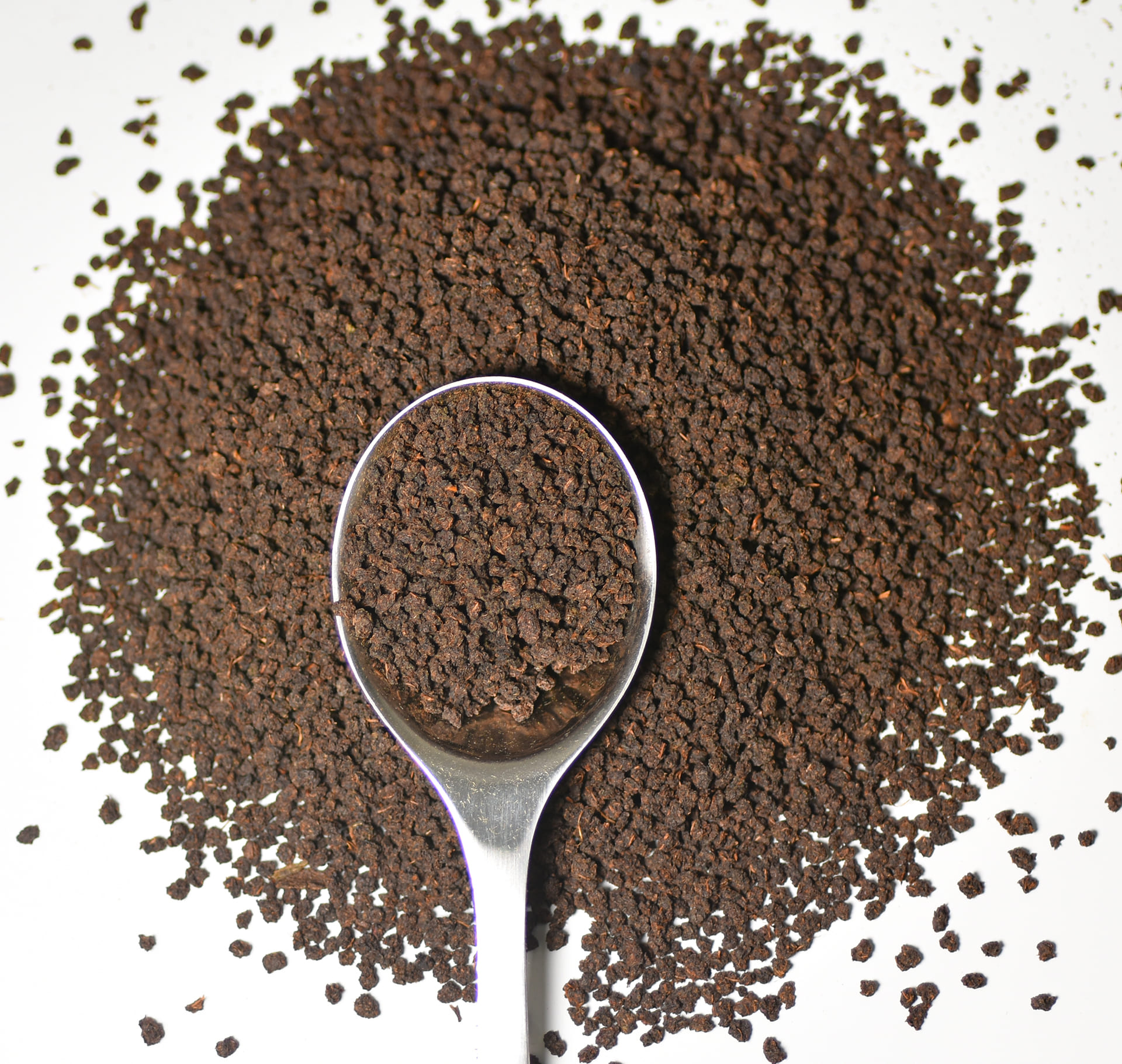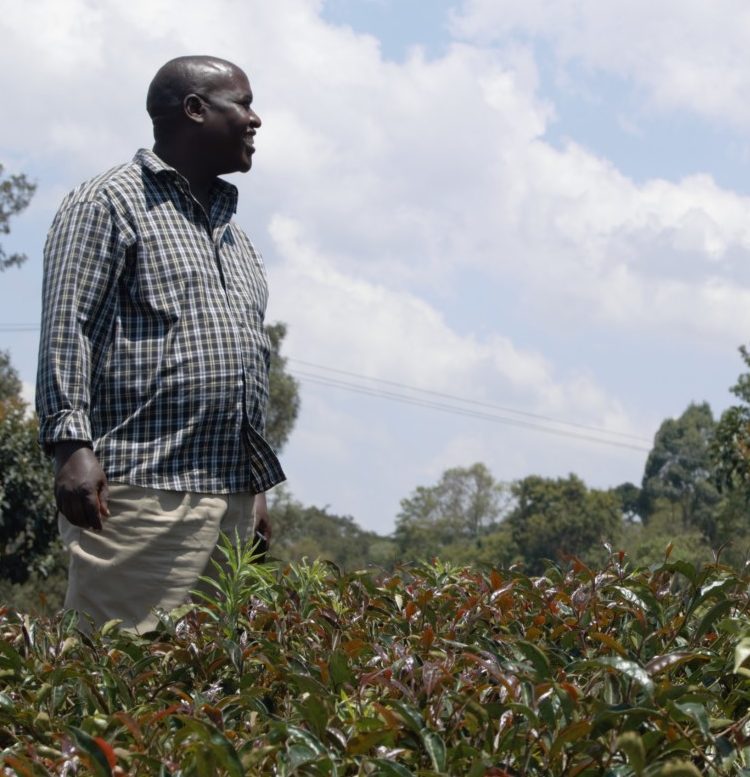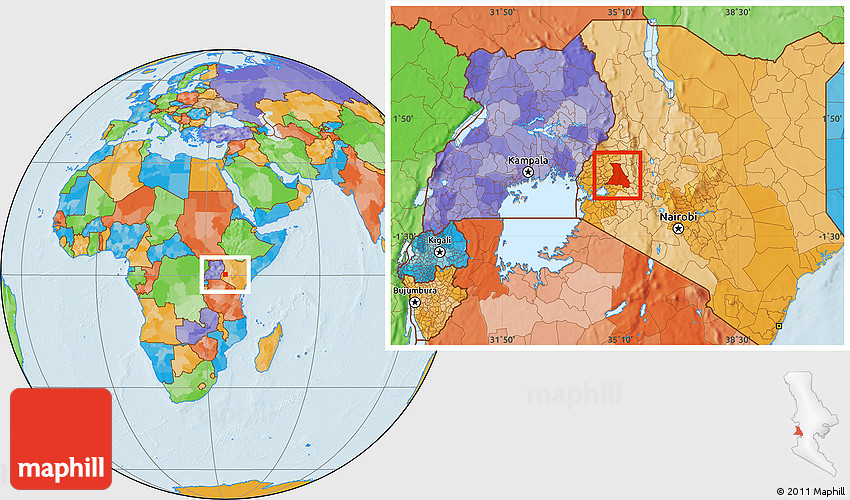Kenyan Purple Tea – A Healthy Green Choice
Nandi Hills, Kenya – With a colonial background, Kenya’s fertile soil has produced CTC teas for decades. But a few tea farmers are taking a different angle to compete on the global specialty tea market. They see Kenyan Purple Tea as a Healthy Green Choice for the global specialty tea market. Purple tea offers a healthy angle. The purple pigment in the leaf is anthocyanin rich, meaning it has super high levels of antioxidants. Antioxidants provide anti-cancer benefits, improved vision, lower cholesterol, increased metabolism, and anti-aging properties.
We refer to purple tea as our “climate change tea”. About 25 years ago, Kenyans knew they had to invest in a tea plant that could withstand the inconsistencies that come with climate change. They developed purple tea, which is a hybrid of camellia sinensis and local Kenyan plants. Purple tea plants respond better to frost, drought and pests. These are all increasing effects of climate change. Purple tea is a healthy, green alternative for tea drinkers. The leaf has a lower caffeine content than black tea and is comparable in taste to green tea.
We’ve offered purple tea since 2013. As the tea plants mature and the manufacturing techniques develop, the flavor of our purple tea just keeps getting better and better. Drink this tea knowing you are contributing to an industry that is on the offensive for climate change. In addition to purple tea, we also source whole leaf black tea and CTC tea from David.
Updated June 2021 – David was one of our earlier sources for purple tea. Sadly, he died spring 20201 from COVID19. Read his tribute.










